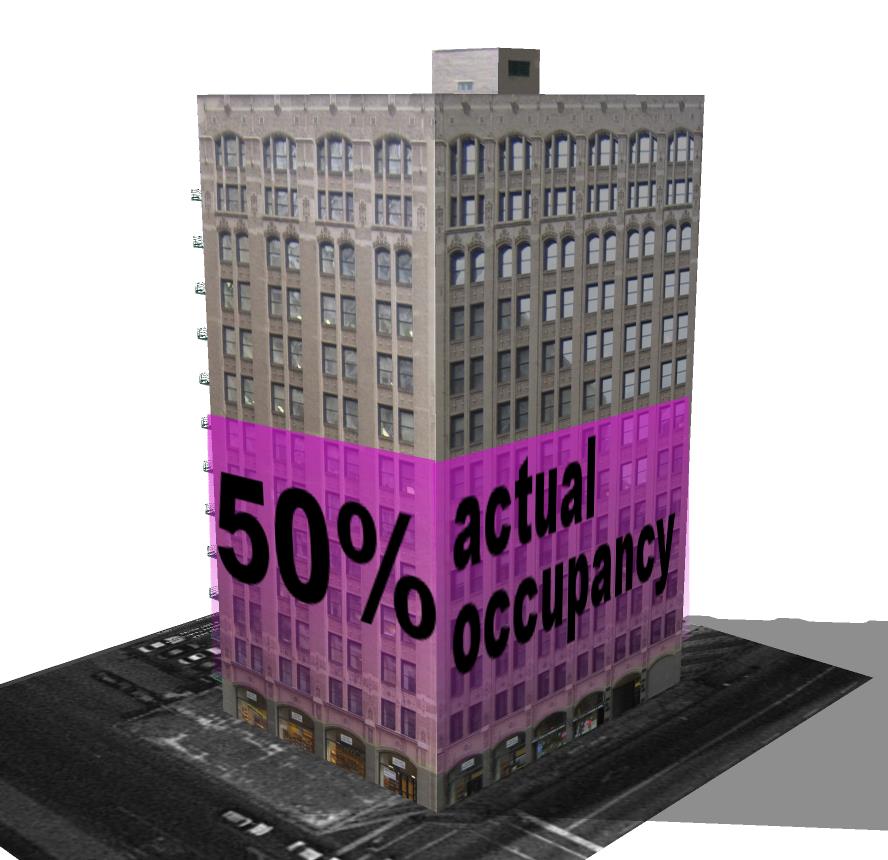The legal industry is unique compared to other industries in the United States in that — by law — only lawyers are allowed to hold an ownership interest in a law firm. Also, unlike many other industries, the partners and shareholders (from here forward, “partners”) in these firms may spend decades at the same firm. As a result, when partners retire, there is rarely a clean break or a date certain at which point they stop practicing and, therefore, coming into the office. Rather, their practices often slowly taper off and they continue to come into the office to visit with their colleagues, discuss legal issues and help maintain client relationships.
Some of these partners come in every day for a few hours; others come in once a week. This can become an issue when law firms run out of office space and are either not able to find expansion space or not interested in paying additional rent for such expansion space to house “retired” employees.
The Poll
I polled several law firm leaders, both local and national, to understand how different firms are addressing this issue.
The overarching response was that law firms value former partners but also need space for active partners. As such, only a few firms allow retired/retiring partners to maintain their offices in their current locations (i.e. windows and/or corners) indefinitely.
The Hoteling Approach
Instead, the most common approach is for the retiring partners to surrender their offices when they sell their partnership interests. The retiring partners are then usually told that they are welcome in the office at any time and, if they call ahead, management will try to ensure there is a vacant office available for their use during their visit.
Interior Offices
A few firms relocate retiring partners to interior offices, if available, when the partners anticipate being in the office on a regular basis.
Riding Off Into the Sunset
One firm takes a different approach: they reward their partners well for their last three years of service at the firm and incentivize them to transition their business to other members of the firm during this three year period. Then, on retirement day, the firms urges the retiring partners to keep in touch socially but to go enjoy their retirement. This firm operates under the belief that it is better for all parties if there is a clean break.
The Lounge
A few firms have built retired partners’ lounges. These lounge spaces include desks, soft seating areas, access to secretarial support and occasionally even a bar.
I am a fan of this approach. Moreover, I think it can be improved upon by extending access to such ‘lounge’ to law firm alumni. Imagine welcoming a former colleague who is now in-house at a corporation to hang out at your firm any time. The lounge could be built near the reception area to allow easy but controlled visitor access — limiting access to the rest of the office where sensitive or privileged information might be visible to non-members.
The Bottom Line
It does not matter what industry we are discussing; no business wants to pay for space that is not being utilized on a regular basis. Retiring partners and employees understand this, so work with them to determine the role they will play in your firm after their retirement and accommodate their space needs in a manner that supports the ongoing operations of your firm.

